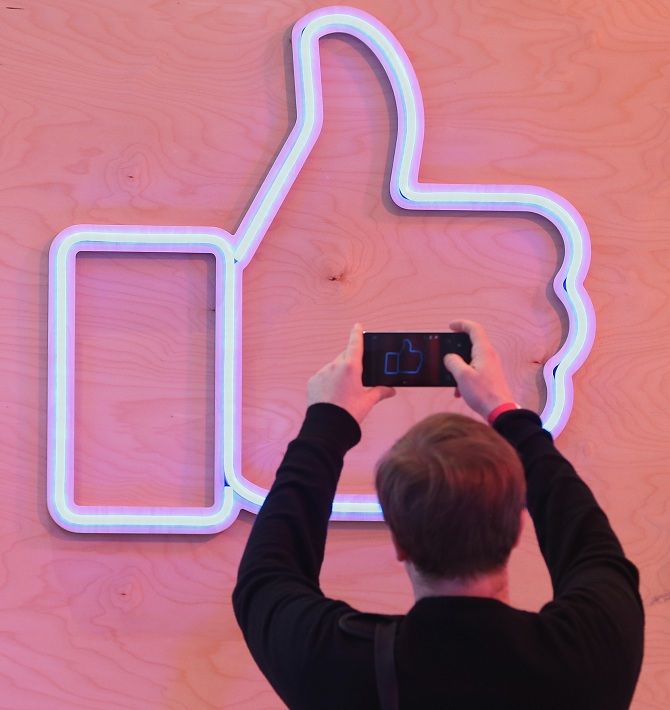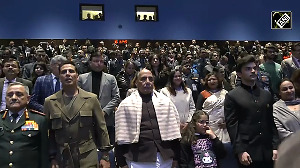How does one measure the value of a 'like' in terms of two specific metrics, brand affinity/preference and brand purchase intent/loyalty?
S Swaminathan's insight.

Brands spend millions of dollars generating 'likes' and creating thousands of followers for their brands online. Two questions marketers are confronted with are: What is the true value of a 'like' on, say, a platform like Facebook and how does one measure the value of a 'like' in terms of two specific metrics, brand affinity/preference and brand purchase intent/loyalty.
The answers to these questions are not easy and building attribution for such scores is extremely complex.
In a recent study by comScore and Facebook, it was found that people who liked the Starbucks Facebook Page or who had a friend who liked the Facebook page, spent 8 per cent more and transacted 11 per cent more frequently over a month.
While this is a simple relationship, marketers are challenged with finding the action-outcome explanation here. Are they connected or do they even have significant correlated impact on each other?
The jury is out on this, and here are the reasons why:
- Consumers necessarily do not see their behaviour to be connected or they do not behave as rationally as it is made out to be. Just because they like a brand's social media page, it does not mean they or their friends buy more of the same brand. At least, there is relatively poor correlation between liking and buying
- ln an interesting study by Harvard, redemptions of coupons, which is a surrogate for purchase, between offline usage recommendation versus consumers who clicked 'like' did not see any significant jump
- Branded content, which is widely used by marketers on their social media pages to build engagement, is not always accessed or instantly available to the rest of their friends as feeds. There are complex filters that platforms like Facebook use as algorithms. Hence, these create very little WOM (word-of-mouth) on social platforms
- User-generated content has maximum impact. Endorsements, purchase or service experience posts that are amplified as advertisements had a positive influence
Some brands use these principles well.
For instance, education and training brands. Ivy League institutes use this very effectively and with great impact. The institute ads highlight who amongst one's Facebook friends have either liked or shared the content. This has a tremendous impact on final conversions and 'like' acts as an influencer for a positive disposition to check out and improve the conversion funnel for brands.
Banks and financial services brands have also mastered the art. Some use it very effectively to market home loans, credit cards, forex cards etc using friends with 'likes' as surrogate brand endorsers. The amplification effect of a 'like' is far higher when friends become endorsers.
Travel and hospitality brands use 'destination like' as a surrogate to get value from 'likes'. Once many of one's Facebook friends 'like' a destination, there is an amplification of the likability to other consumers in the network to gain their attention and interest in either holidaying or in a particular hotel or a travel fare or destination.
Branded content has immense value for brands and marketers on social media and it is the best way to leverage the value of 'likes', but it needs to be used judiciously by means of intelligent data-driven strategies.
In a recent survey of 427 marketers in the US, over 80 per cent of them were unable to quantify the value of their social media efforts. Just creating branded content on social media pages or social media accounts may not be enough.
The author is CEO and co-founder, Hansa Cequity.












 © 2025
© 2025